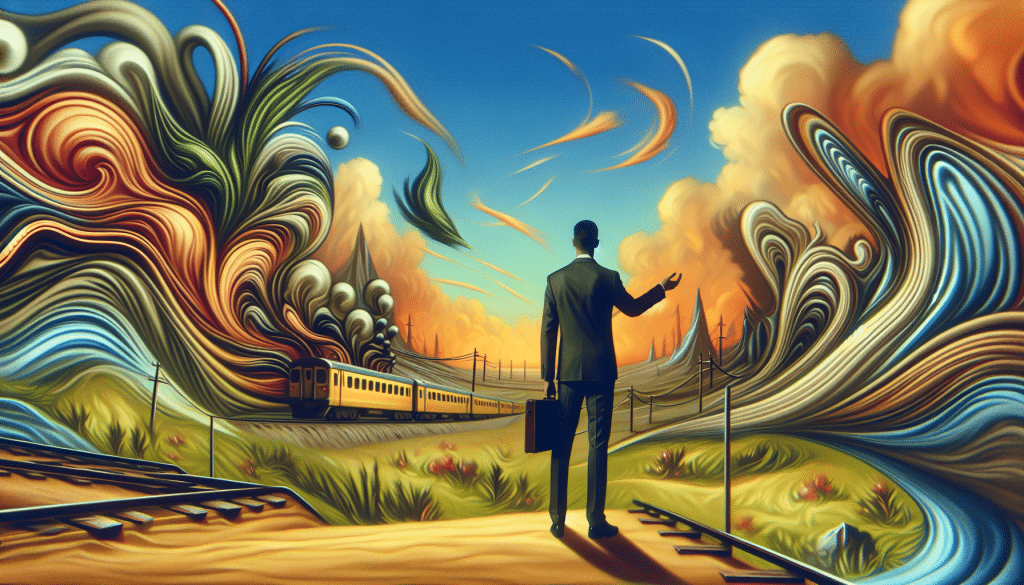Law and Society develop simultaneously

The relationship between law and society is a complex and interconnected one, with both entities evolving simultaneously over time. As society changes and progresses, so too do the laws that govern it. This dynamic interaction between law and society shapes the norms, values, and behaviors of individuals within a community, ultimately influencing the overall functioning of society as a whole.
Interconnected Evolution of Law and Society
Throughout history, the development of laws has been closely tied to the needs and values of society. As societies grow and evolve, new challenges and issues arise that require legal frameworks to address. From ancient civilizations to modern democracies, laws have been created in response to societal changes such as technological advancements, cultural shifts, and economic developments. In turn, these laws shape the behavior of individuals and institutions within society, guiding interactions and resolving conflicts.
The evolution of society also influences the interpretation and enforcement of laws. As societal norms and values change, so too do the expectations placed on legal systems and institutions. For example, the Civil Rights Movement in the United States led to significant changes in laws regarding discrimination and equality, reflecting a shift in societal attitudes towards equality and justice. This interconnected evolution of law and society highlights the dynamic nature of their relationship and the need for ongoing adaptation to meet the needs of a changing society.
Complex Dynamics of Law-Society Relationship
The relationship between law and society is not a one-way street; it is a complex and dynamic interaction that shapes and is shaped by both entities. Laws can both reflect and reinforce societal norms and values, but they can also be used to challenge and change them. For example, the legalization of same-sex marriage in many countries reflects a shift in societal attitudes towards LGBTQ rights, but it also serves to establish legal protections and rights for LGBTQ individuals.
At the same time, society plays a crucial role in the enforcement and interpretation of laws. Public opinion, social movements, and cultural values all influence how laws are implemented and enforced by legal institutions. For instance, public pressure and outcry can lead to changes in laws and policies, demonstrating the power of society to shape legal outcomes. This complex interplay between law and society highlights the importance of a responsive and adaptable legal system that can effectively respond to the evolving needs and values of a changing society.
In conclusion, the development of law and society is intricately intertwined, with both entities evolving in response to each other. The interconnected evolution of law and society shapes the norms, values, and behaviors of individuals within a community, ultimately influencing the overall functioning of society. Understanding the complex dynamics of the law-society relationship is critical for creating a legal system that is responsive to the needs and values of a changing society, ensuring justice, equality, and the rule of law for all members of society.





















Responses